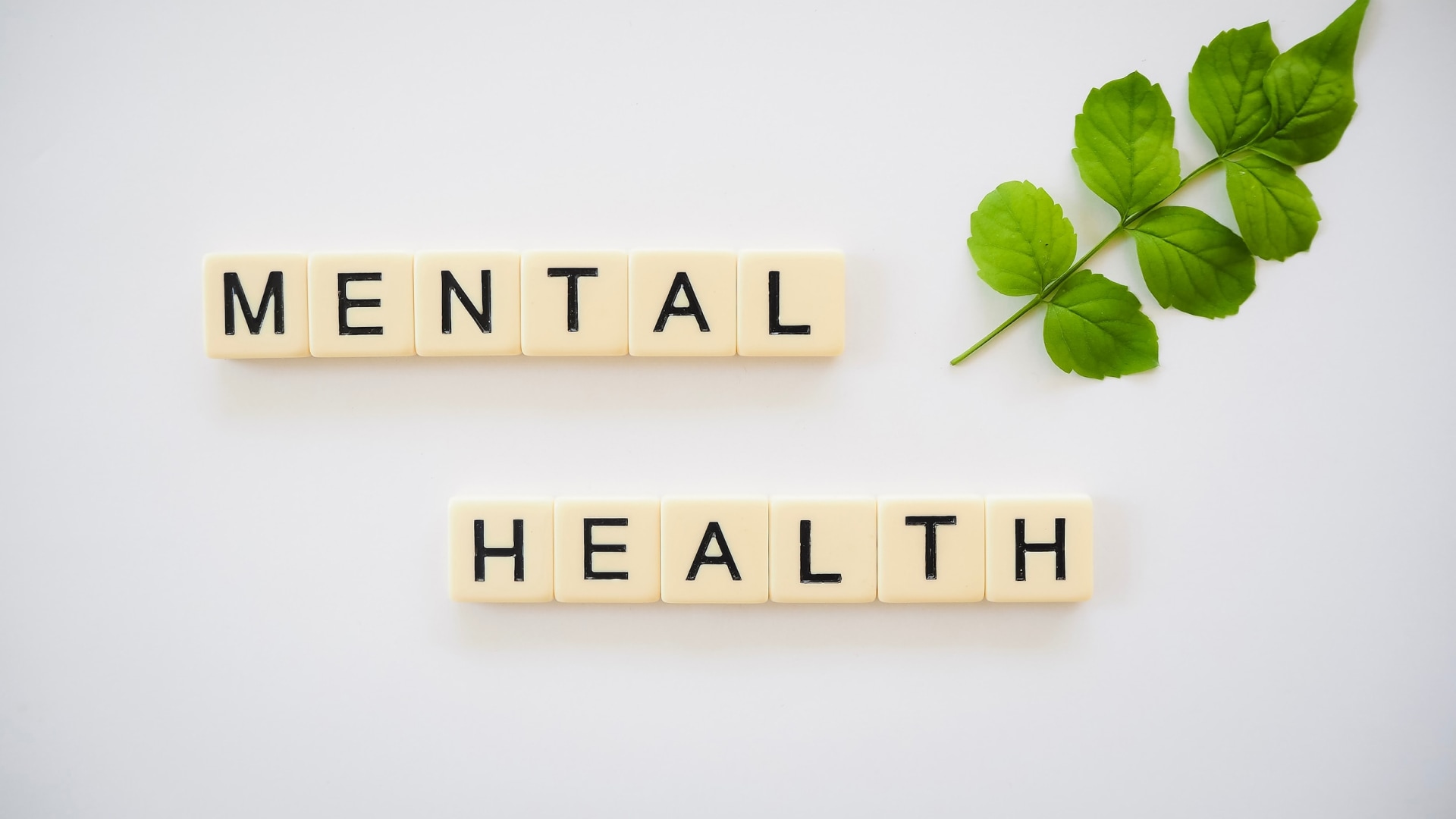

Mental Health in the Age of COVID
Helping Our Children Navigate Difficult Times
Thanksgiving’s a wonderful holiday. Not only does it give us a long weekend to relax and reconnect with family and friends but also, by its very nature, the day forces us to step back and take to heart what we as parents often take for granted: the health and well-being of our children.
Each generation brings with it its own issues and problems, but today’s elementary, middle, and high school students confront challenges few if any of us could have imagined when we were growing up. And as we know from reading the newspaper and watching the news, the mental health of our children has never been more at risk.
I know this firsthand.
For the past 10 years, my eldest daughter has been dealing with mental health issues. The changes at first were barely noticeable. During early puberty, our bright and happy child started to struggle with her classes. We noticed she started lying to escape blame for not doing schoolwork or her chores. Things came to a head when her middle school requested a meeting after our daughter forged a permission slip. Based on what they observed, the school recommended that our daughter start seeing a counselor. Initially, we balked at the idea. Other kids had mental health issues, like anxiety disorders or ADHD, but not our daughter. Whatever she was going through was merely a phase is how we rationalized it. Only as the warning signs multiplied and became more evident were we able to overcome our discomfort and, to be honest, shame that our daughter was dealing with issues beyond our scope to solve ourselves.
The maxim “better safe than sorry” is one most parents live by when it comes to their children. It gets harder to live by when your child begins to act differently than he or she had before. Despite all the advances of the past decade, mental health and mental illness continue to carry a huge stigma. But in today’s increasingly fractured and fractious age, it is incumbent on all parents never to take the mental health and well-being of their children for granted.
If you have doubts or questions about how your child is acting, the best thing is not to avoid them, but to bring them to the attention of your child’s healthcare provider.
Kurt Olsson
Warning Signs Your Child May Have a Mental Health Disorder
· Persistent sadness that lasts two weeks or more
· Withdrawing from or avoiding social interactions
· Hurting oneself or talking about hurting oneself
· Talking about death or suicide
· Outbursts or extreme irritability
· Out-of-control behavior that can be harmful
· Drastic changes in mood, behavior or personality
· Changes in eating habits
· Loss of weight
· Difficulty sleeping
· Frequent headaches or stomachaches
· Difficulty concentrating
· Changes in academic performance
· Avoiding or missing school
(Source: Mayo Clinic)
Kurt has been affiliated with SpiderSmart on and off since 1993, first as a tutor and later as a business advisor. He currently is SpiderSmart’s Vice President of Growth & Sales. He can be contacted at [email protected].